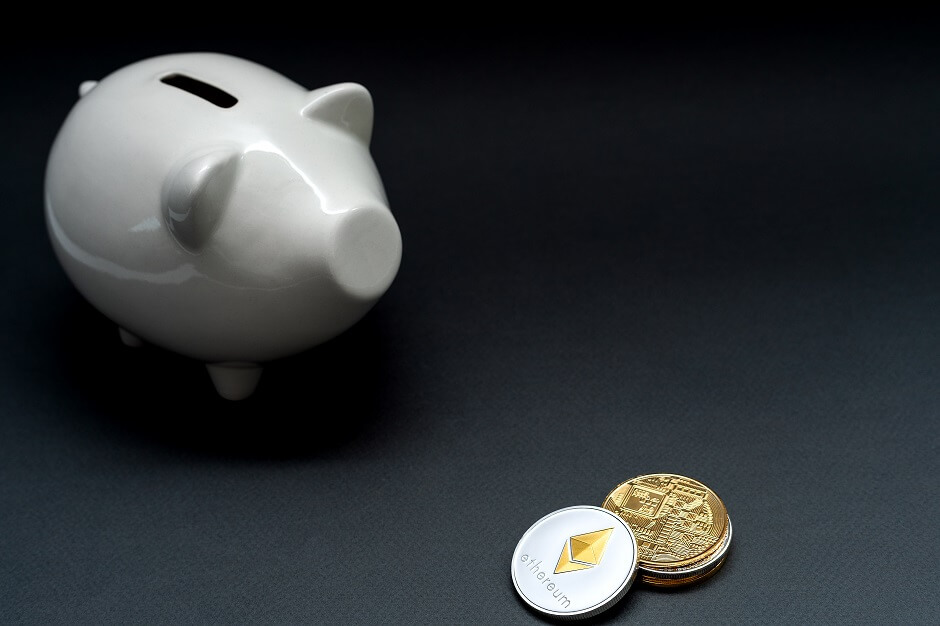Basics of Alternative Investments That Every Investor Must Know

Alternative investments go beyond traditional investments such as cash, bond, and stocks. They belong to a very dynamic asset class that covers a variety of investments with peculiar characteristics. Many of these investments are becoming more accessible to retail and individual investors. Hence, it is critical to understand the basics of alternative investments if you want to make good investment decisions in your life.
Even though alternative investments can be very profitable, there are a couple of things you must understand about them:
- Alternative investments such as cryptocurrencies are sometimes unregulated which means more stricter due diligence is essential.
- Some of these assets, such has property, art etc. may not be liquid because you cannot easily sell or convert them into cash.
- They have a little correlation to standard asset classes; meaning, they don’t always move in the same direction as other assets when subject to market fluctuations
What are some popular alternative investments?
Here, we have enlisted some popular types of alternative investments that every investor must know.
Private Debt
Private debt is financed by entities aside from banks. Besides, they are also not traded in an open market.
Private debt funds raise money from investors before lending it to public and private companies. Investors make money either through interest payments or the repayment of the initial loan.
Hedge Funds
Hedge funds are the alternative investment funds that trade relatively liquid assets with the goal of earning a high return. However, hedge funds are exclusively available to only institutional investors, such as mutual funds, pension funds, and high net-worth individuals.
To maximize the return on investments, hedge fund managers are often specialized in a variety of skills to design and execute various investing strategies, such as long-short equity and volatility arbitrage.
Real Assets
The world of real assets extends to land, timberland, farmland, and even intellectual property like artwork. However, real estate is the world’s biggest asset class.
Real estate investments are considered similar to bonds in a way that property owners receive current cash flow through rental income and equity.
Commodities
Commodities are mostly natural resources and fall under the category of real assets. When you invest in commodities, you invest in resources like oil, natural gas, precious metals, industrial metals, and agricultural products. These assets are typically illiquid. However, if one wants to invest in commodities but also want liquidity, one can also invest in Exchange Trade Funds (ETFs) representing the various commodities.
Since commodities are less affected by public equity markets, they are considered a hedge against inflation. The value of commodities rises and falls depending on their supply and demand in the market.
The higher the demand, the higher profits investors earn.
Structured Products
Structured products are a part of fixed income markets as they pay investors dividend payments just like corporate or government bonds do. They can be complex, difficult to comprehend, and sometimes, very risky. However, they act as a customized product mix that suits the needs of individual investors.
Examples of structured products include credit default swap (CDS), collateralized debt obligations (CDO), and mortgage-backed securities (MBS).
Collectibles
Collectibles are alternative investments that involve diverse items ranging from rare wines to vintage cars. When you purchase such items, you also need to maintain them with the hope that their value will appreciate with a huge margin over time.
Though these investments sound more interesting and fun, the risk is higher due to the high cost of acquisition, lack of income until they are sold, and possible damage to the items if they aren’t cared for properly.
New Age Insurance Brokers LLC has rich expertise in a wide range of investment options available in the UAE. We can help you learn each of the investments in detail, what makes them a good or bad option for you, what you can expect with those investments, what risks they come with, how to invest smartly, and how to create a diverse investment portfolio.
For any assistance with traditional and alternative investments in the UAE, please feel free to get in touch with us.



